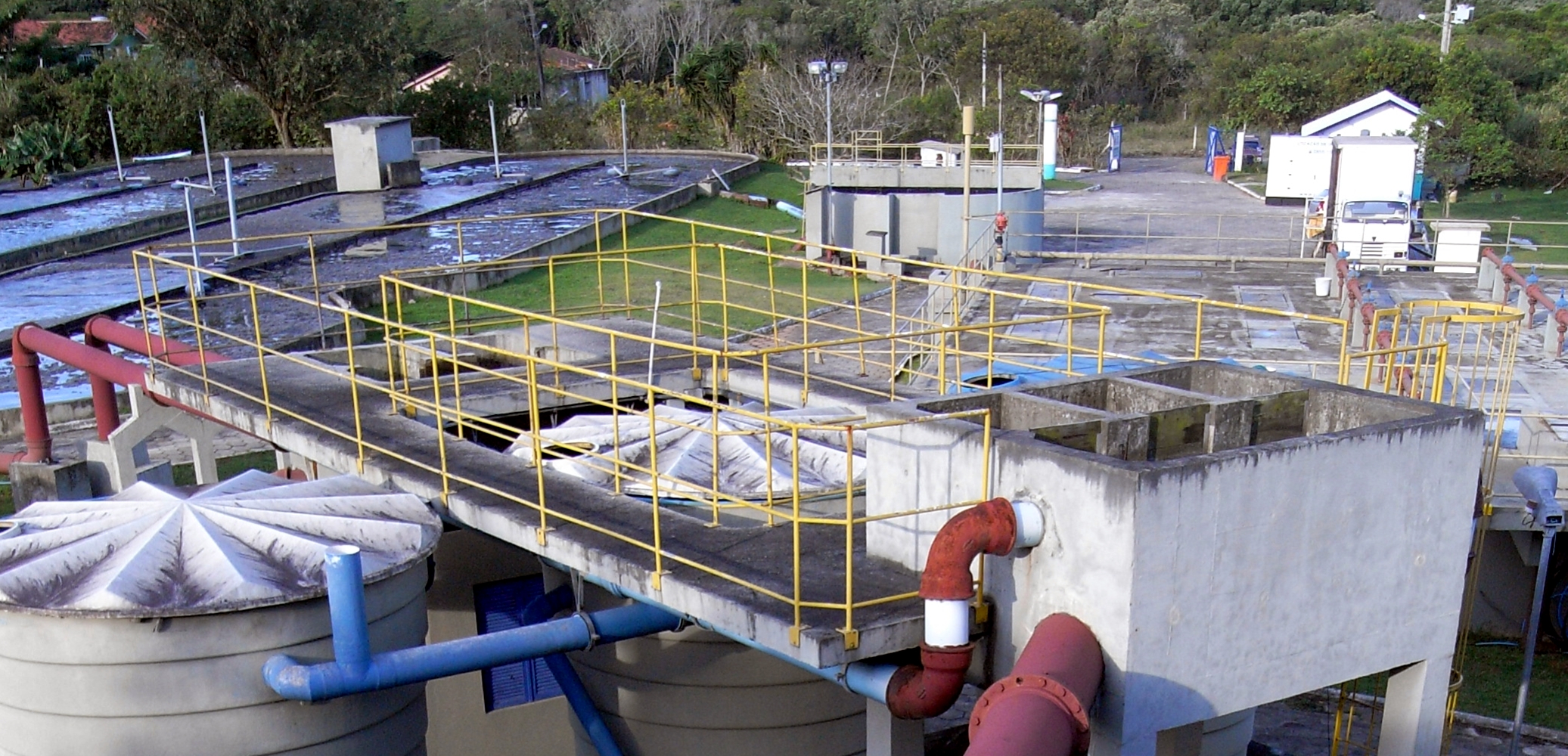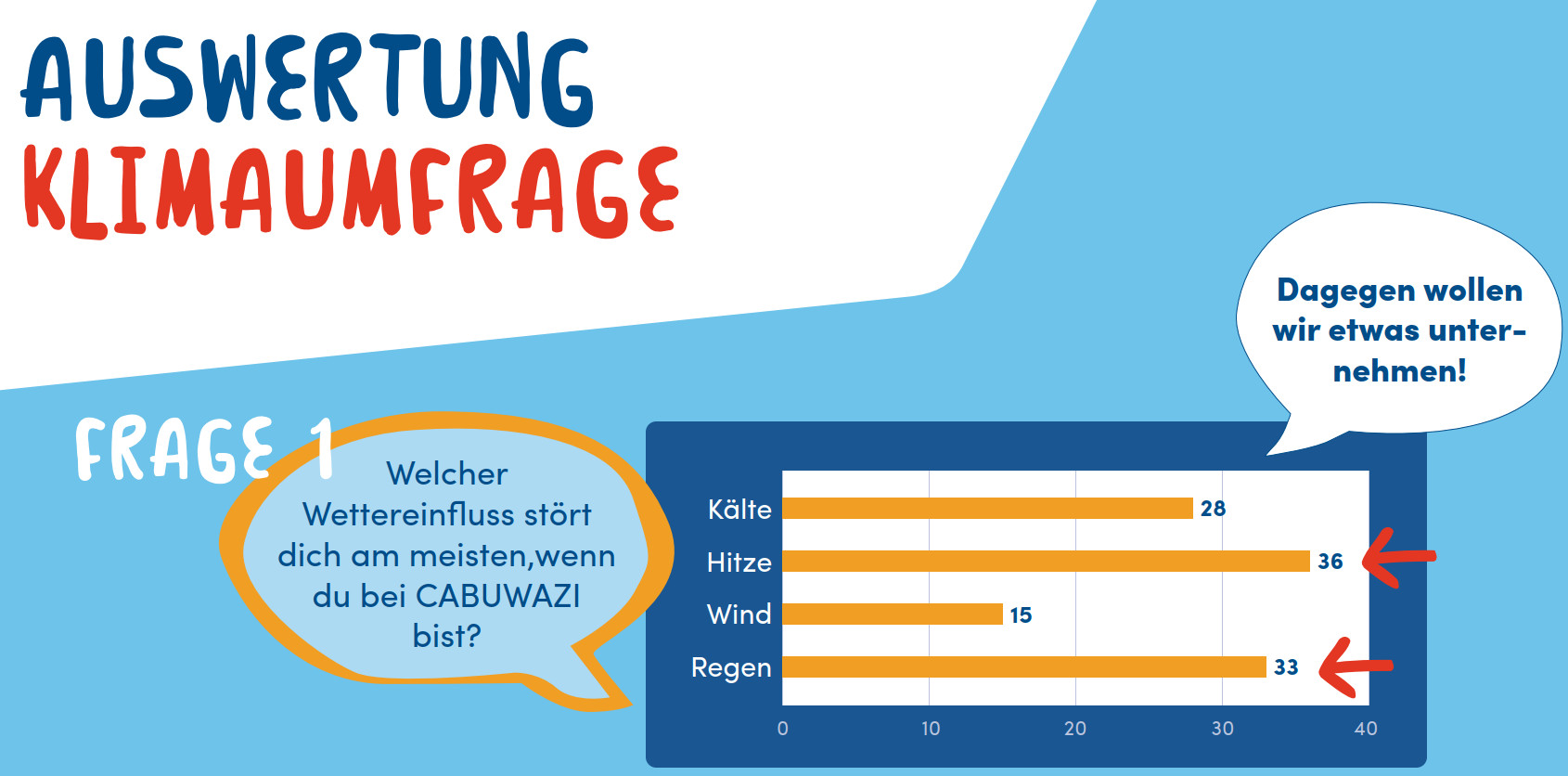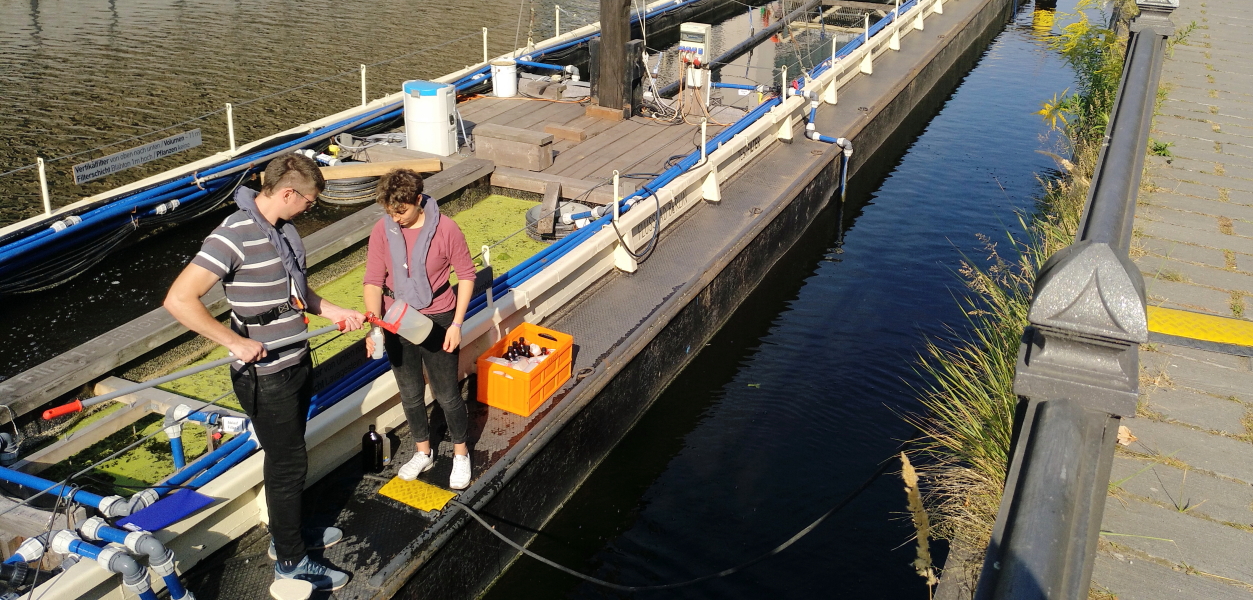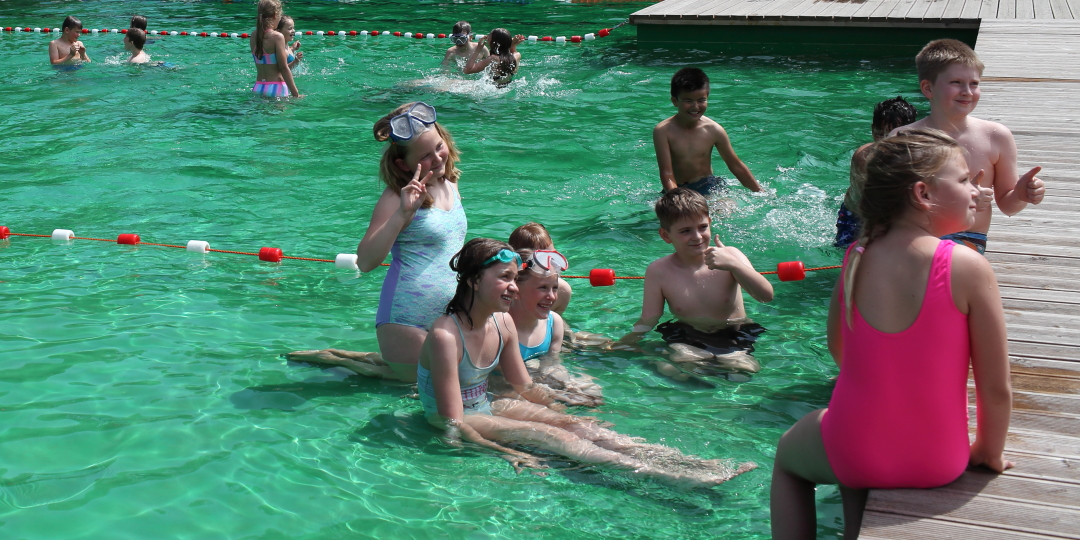

Sanitation surveys in Lima, Peru
Regional development scenarios for urban water management
01.03.2014
Promoting climate-friendly biogas technology in Brazil
Since October 2013 AKUT is active on behalf of GIZ in Brazil within the German Climate Technology Initiative (DKTI). The project takes place until September 2015 and promotes the energetic use of biogas in the wastewater sector.
The project supports the Brazilian energy planning authority EPE (Empresa de Pesquisa Energética) in the analysis of the biogas potential in Brazil, as well as in the identification of successful biogas business models for and barriers to the economic utilisation of anaerobe technologies, so that this information can be used for key stakeholders in the biogas sector. Throughout of the project four pilot and demonstration projects will be initiated.
Information on energy demand and gas potential of the systems is required in order to improve energy efficiency and the energetic use of biogas in sewage treatment plants. To determine the biogas potential and to develop proposals for future wastewater treatment projects a measurement campaign at ten selected wastewater treatment plants will be carried out.

Research for decentralised water reuse
River bath Berlin: Research results presented
01.08.2022
CABUWAZI climate exhibition
At the Berlin children’s and youth circus CABUWAZI, climate change and its consequences are omnipresent. This is particularly noticeable at the six locations in the city. The large circus tents heat up strongly in summer, as do the circus wagons and containers at the respective locations. For this reason, AKUT was commissioned to conduct a feasibility study for measures to adapt to the consequences of climate change as early as 2021. The study was funded by the BMU as part of the funding program for “Climate adaptation in social institutions” (duration 2020 – 2023). The results of the work, in which the children and young people as well as the circus trainers working on site were involved, were summarized in an exhibition that is now traveling from site to site.
“Climate change” has become a constantly recurring term. Not least through the student demonstrations of Fridays for Future, which have succeeded in putting the findings of science and the associated need for action on the political agenda. The children and young people experience first-hand what the consequences of climate change feel like during summer heat waves in the city.
However, what exactly climate change is and how it works is not clear to all children and young people as well as adults. For this reason, the desire arose to provide information about the topic within the framework of a traveling exhibition. Divided into three thematic areas, nine posters explain climate change and its consequences on both a global and a local scale. The three posters of the first block explain the origin of climate change and how it affects the people in the world and in Berlin. This will be followed by an analysis of the most exciting results of the CABUWAZI climate survey. This was conducted in February 2022 among regular visitors to the circus offerings and filled out by over 100 participants. Wishes and ideas that emerged were included in the catalog of measures to reduce the climate impact at CABUWAZI. These are presented and explained in outline form in the last part of the poster exhibition.
Download: Poster exhibition (german)

CABUWAZI climate exhibition
Public swimming pool with biofilter in Neustadt (Dosse)
04.05.2022
River bath Berlin: Research results presented
The staff of AKUT environmental engineers spent four years in Berlin on the research barge “Hans Wilhelm” studying the treatment of water from the River Spree. Now Heribert Rustige presented the results at the press conference of the Flussbad Berlin e.V. association. The association had commissioned AKUT in 2017 to test biological filters for improving bathing water quality in the Spree Canal. For this purpose, the research barge was placed at the location of the planned water filter at the height of the former Staatsrat building in Berlin’s city centre. Here it was closely observed by numerous tourists and Berliners and the AKUT team had to answer many questions about bathing in the Spree. This report summarises the most important answers.
With the help of the water analyses, it was found that the water quality in the Spree Canal had already improved continuously during the investigation period. This is especially true for the decreasing suspended particle contents, which caused an increase in the visibility depth in the Spree Canal. This trend was confirmed in comparison with long-term data series of the Spree and suggests already successful water protection measures in the city. Against this background and due to the tested filter variants, the cleaning concept can probably be realised with a filter size reduced by 2/3.
Based on the measured, briefly increased microbial loads on a few days a year, it was possible to clearly distinguish the polluted phases due to combined sewer discharges from the unpolluted phases. This enables a targeted step-by-step treatment in a resource-saving concept. This envisages a biofilter, which is normally sufficient to guarantee good bathing water quality according to the EU Bathing Water Directive. As soon as the automatic level measurements in the sewer network of Berliner Wasserbetriebe signal the overflow of combined water, additionally switched-on UV lamps would ensure safe hygienisation. Alternatively, filter operation could then be automatically interrupted for one to two days. This would also safely protect the following watercourse section from microbial overloading.
The research results allow the planning and dimensioning of biofilters for river water treatment. Five different filter materials with or without vegetation were examined. The elimination rates of E. coli and other indicator organisms were determined on the basis of loading tests. The best combination was found to be the use of porous expanded clay with reed planting. The results are an important addition to the know-how available so far, also for outdoor pools with biological water treatment. Experiences and technical innovations made here can be transferred to other water bodies and locations or enable targeted further investigations. We would like to thank the sponsors Xylem (UV -reactor), Rehau (drainage system) and ARGEX Belgium (expanded clay material) for their technical support.
Contact: Heribert Rustige

River bath Berlin: Research results presented
"Am Palmsberg" WWTP (40,000 p.e.) Denitrification stage optimized and energy saved
04.06.2021
Public swimming pool with biofilter in Neustadt (Dosse)
In bright weather, on the first day of loosening the Covid-19 lockdown in Brandenburg, Mayor Karl Tedsen and District Director Dieter Fuchs together with Katrin Covic, head of the citizens association Aktives Neustadt, opened the newly designed outdoor swimming pool in Neustadt an der Dosse on June 3, 2021. For nine years, citizens had to wait for the renovation of the old dilapidated swimming pool. Today, a biological filter replaces the water treatment that used to be operated with chlorine chemistry.
During the fundamental renovation, a diving facility with a 1-meter board and 3-meter tower was added to the pool. This resulted in an elaborate extension and redesign of the old concrete pool. The lining of the approximately 540 square meter pool with a high-quality PVC-free foil as well as the access via a natural wooden walkway now convey a warm and natural impression. The shallow access via the non-swimmer area is based on natural shallow banks, is barrier-free and invites the little ones to splash around.
The biological water treatment system consists of a simple soil filter located away from the bathing area. The substrate provides a large surface area for microorganisms to grow. Their task here is to break down organic pollutants, which can be carried in by bathers but also by the adjacent vegetation or birds. The advantages of this natural process lie in its adaptive properties and the avoidance of chlorine-organic compounds that would otherwise be produced during chlorination. This means that the biofilm grows with its tasks: if the food supply in the biofilter increases, the biomass grows and increases the purification capacity. However, natural systems are comparatively sluggish, so a training period is required.
The focus of natural bathing water treatment is on the reduction of germs and phosphate. While undesirable bacteria are preyed by the protozoa on the biofilm, phosphorus can only be adsorptively bound to the filter material. For this purpose, the biofilter was supplemented by a regenerable phosphate filter, because the more phosphate is bound there, the clearer the water in the bathing pond remains.
With this solution, the city of Neustadt (Dosse) opted for a cautious renovation of the public swimming pool, taking into account the existing building fabric. The regional planning offices s quadrat m, freelance architects Sylvia Markau and Steffen Michaelis from Kyritz and VORLAND, landscape and open space planning Susanne Geitz from Wulkow were entrusted with this task in conjunction with the specialist planning office for ecological water treatment AKUT Umweltschutz Ingenieure Burkard und Partner, Heribert Rustige.
Contact: Heribert Rustige